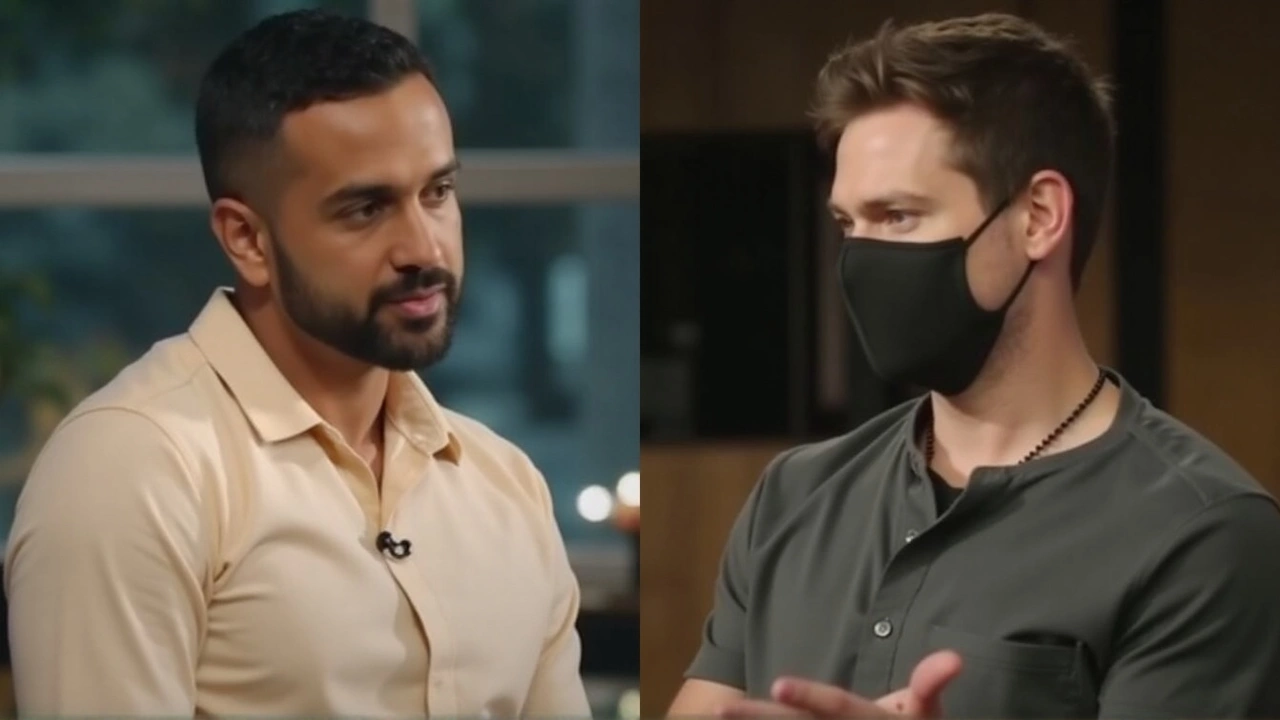Public Health Updates – Stay Informed on Heatwaves, Monsoons & Health Alerts
Keeping an eye on public health news can feel like a full‑time job, but a few minutes a day can save you from serious problems. From scorching Delhi temperatures to sudden monsoon delays, the weather directly influences how many people get sick, where hospitals get crowded, and what everyday habits need a tweak.
Recent reports from the Indian Meteorological Department (IMD) show that Delhi’s heatwave this June didn’t just break records – it sparked a spike in heat‑related illnesses. While social media claimed a 54°C reading, official data capped the peak at around 48°C. Even without the viral number, that kind of heat can cause dehydration, heat cramps, and dangerous heatstroke, especially for the elderly and outdoor workers.
Heatwave Health Tips
If you’re in a city sweltering like Delhi, start with the basics. Drink water often – aim for at least eight glasses a day, more if you’re sweating a lot. Keep a bottle handy and sip, not gulp, to let your body absorb it gradually. Wear loose, light‑colored clothing and a hat when you step outside. If possible, plan errands for early morning or late evening when the sun’s less intense.
Don’t forget to check on neighbors who might live alone or lack air‑conditioning. A quick knock can prevent a serious emergency. If you feel dizziness, headache or nausea, move to a cool place immediately, apply a cool compress, and seek medical help if symptoms don’t improve within 15 minutes.
Monsoon & Flooding Precautions
Monsoon season brings its own set of health risks. The recent IMD report about a high‑pressure “wall” stalling rains over Delhi means clouds are hanging around without delivering the expected downpour. When the rains finally break, they can be heavy, causing localized flooding, water‑borne diseases, and mosquito breeding grounds.
When the forecast predicts heavy rain, clear drains around your home, store important documents in waterproof containers, and keep a small emergency kit with oral rehydration salts, basic meds, and a flashlight. If you’re traveling, avoid low‑lying roads that can turn into fast‑moving streams. After the flood, wash hands thoroughly with soap, and boil any water before drinking to kill hidden pathogens.
Public health isn’t just about big headlines; it’s about the everyday steps that keep you safe. By staying updated with reliable sources like Global Entertainment Hub and following simple hygiene and safety habits, you can reduce the odds of getting sick during extreme weather. Keep an eye on IMD alerts, share practical tips with friends, and remember that a small change in your routine can make a big difference for your health.

- Feb, 4 2025
- Comments 0